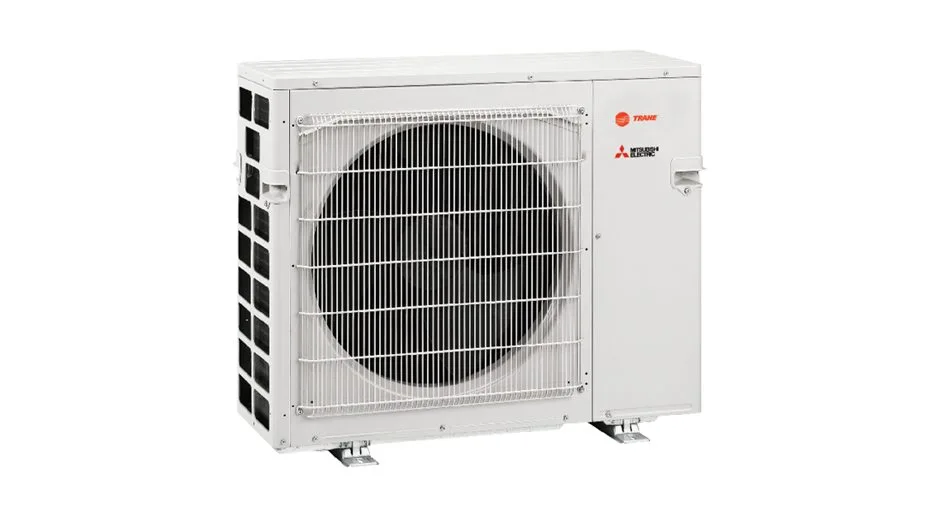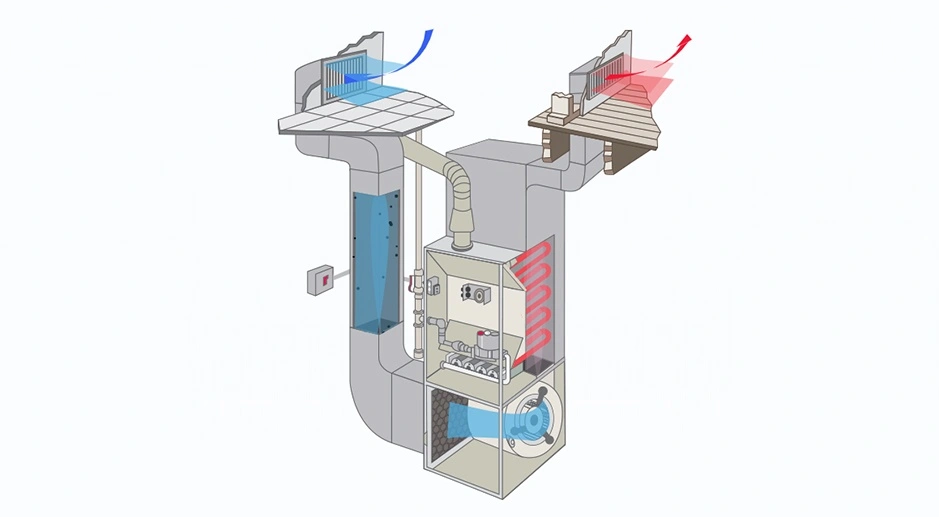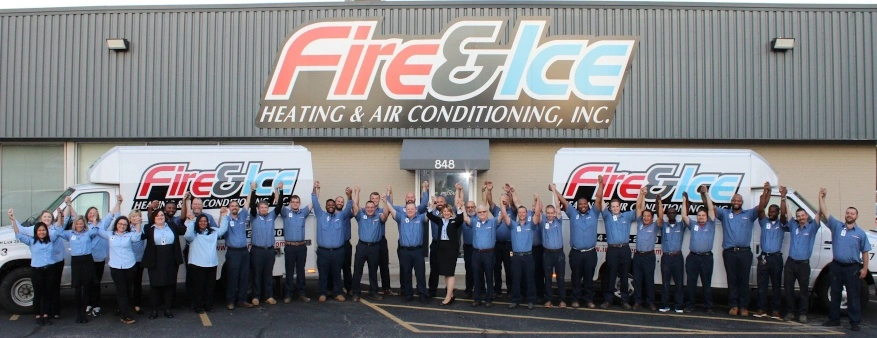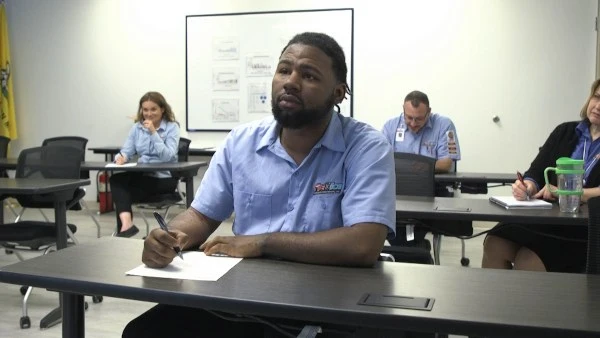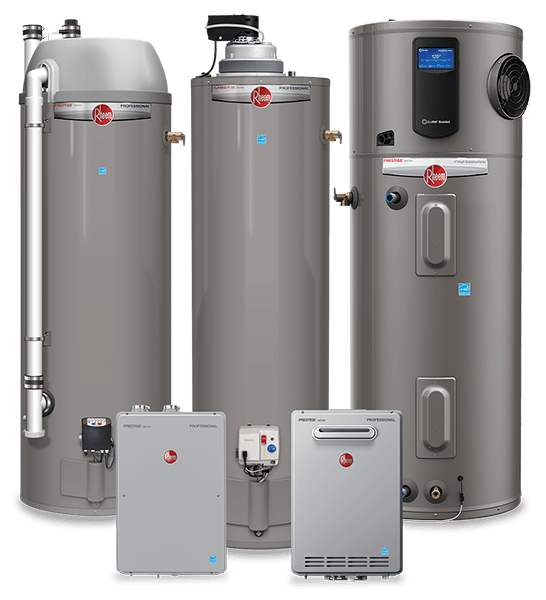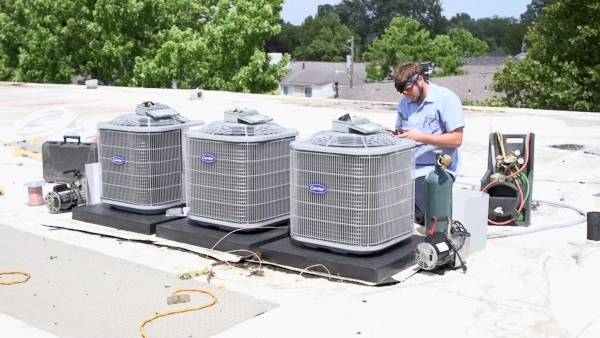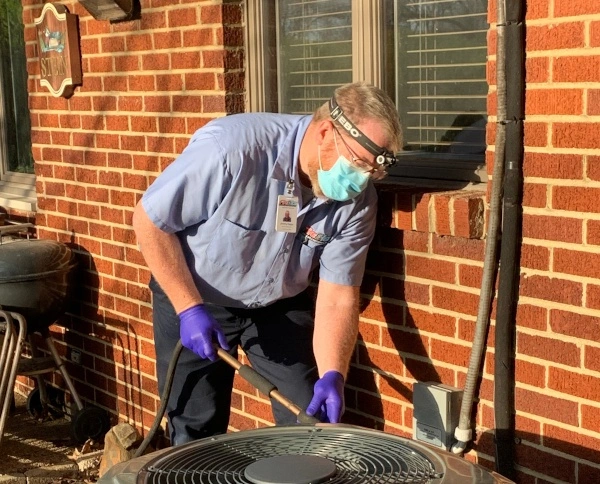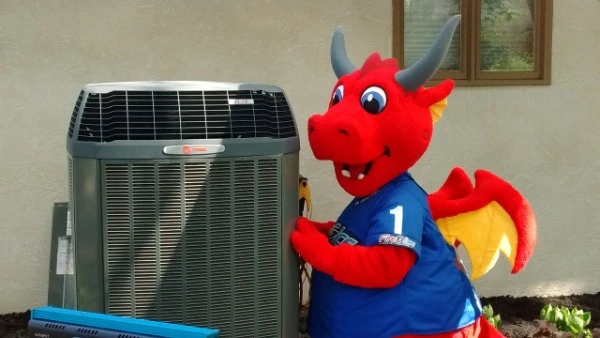


Author:
Revised:
October 7th, 2024
Contractors have a bad name, and not just in HVAC. How many times have you wondered if a contractor was giving you an honest deal, or their best work?
We’ve all had these moments. And more frustratingly, we rarely have concrete answers. Did you really need that better-quality material for that new addition to last longer, or were they just up-selling you? Or even more worrying, what steps did they skip that you might not know enough to check for?
These are the problems we deal with every day here at Fire & Ice. But we’re the experts, so there’s less stress for us. So it becomes our job to reduce the stress of our customers, who have these and similar fears about their HVAC contractor.
This article is all about how to identify red flags in HVAC companies, and how to tell that a company is truly trying to earn your trust.
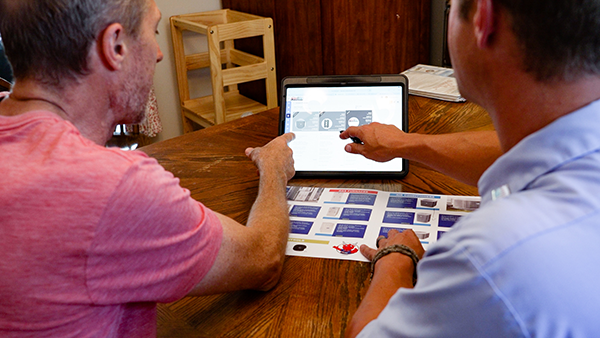
Why Skipping Right to Price Can Be Misleading
We get a lot of phone calls asking for a “ballpark price.” While we’re often able to provide a range that you can feel comfortable with, there’s a reason we don’t like to do so. And it actually has nothing to do with wanting to upsell you. It’s because without taking the proper measurements of your home, its windows, ceilings, and doors, even the smartest HVAC professional will sometimes guess wrong with their ballpark pricing.
But it goes beyond this, because skipping to pricing after only knowing the square footage of your home is equally dangerous.
An HVAC company that cares will perform a full Manual J Load Calculation, which includes dozens of calculations that determine how powerful your air conditioning and heating systems should be. This is called “sizing” a home.
Some people get impatient with this, because it’s a longer process. It also requires having a trained HVAC sales professional at your home. But here’s the thing: it’s entirely free, takes maybe 10 minutes, and could save you thousands compared to an improperly sized system. There’s never a reason not to do it.
But lots of companies skip this step. Why? Simple: it costs them more to train their employees in this process, and takes more time. Stated differently, they’re more interested in their own time and money than about yours.
Don’t settle for approximate sizing. You lose nothing by demanding it, and your system will be better suited to your home as a result.
Licensure & Permits in HVAC (Ohio and Elsewhere)
Licensure and permits are a hassle, but they’re a hassle that an HVAC company has to contend with. If they don’t, they’re in violation of state and local codes.
That’s the short version of this section. The longer version is that state and local codes differ across state, county, and sometimes even municipality lines. Here in Ohio, anyone doing HVAC work must be licensed through the state. Additionally, most municipalities have regulatory entities that monitor HVAC installations. Requesting a permit, sometimes called “pulling” a permit, ensures that a trained professional from that municipality will inspect the completed installation for safety and manufacturer requirements.
There are exceptions to this. Morrow County in Central Ohio, for example, doesn’t currently require the same permits. But regardless of your location, it’s the responsibility of an HVAC contractor to know what they need to do.
Now, any contractor you find online is likely to have licensure, and nearly all will always pull the correct permits. But does that mean all installations benefit from these? Not necessarily.
We like to say sometimes that our biggest competitor is “I know a guy.” It’s not a larger company, but rather an individual who does HVAC work on the side.
This can actually be completely legitimate. I’m not here to tell you individual contractors aren’t worth your time. Many do excellent work. But it’s important to ensure that they are both licensed with the state and regularly pull permits for their work.
This has implications for the liability of the work done in your home, as well as its resale value.
So when do you know that a company is trying to earn your trust? When they take this guesswork out of your hands and handle the entire process themselves.
At Fire & Ice, we also go one step further: one of our staff will come out after a new installation to inspect it for the same things every inspection should cover, and we’ll make sure you’re completely satisfied with your system. And if something’s wrong with the installation (which is rare, but does happen), we will happily call ourselves out, come back and make sure it’s right at no additional charge.

HVAC Training Certifications
Would you rather have a doctor perform surgery on you, or someone who’s interning at a medical school? It’s a rhetorical question; we all know the answer. The same can apply to HVAC.
All HVAC technicians have to have a certain level of licensure and training. They will have a basic understanding of what’s needed for jobs of various types. But HVAC is a complicated industry, and there’s always more to learn. Not all training is equal.
N.A.T.E stands for North American Technician Excellence, and it’s the premiere HVAC certification organization for training that goes beyond what you’ll get at a trade school.
There’s no requirement that a technician be NATE certified, but it’s recommended because it covers a lot of areas that change quickly in HVAC. What was cutting-edge even 10 years ago can be outdated knowledge. It’s the difference between someone with a medical degree from decades ago, and another from the same time period, but who has been keeping up with classes and new technologies in the years since. The second doctor is going to be more informed about all of your potential options.
So, as with anything, continuing to learn is important. And NATE certification is among the best ways to do that.
We have an on-site training facility at our offices, where we require ongoing education of our technicians. We also encourage technicians to pursue NATE certification and provide pay incentives to do so. It means better service for our customers, so it’s a benefit we’re happy to provide.
A/C and Furnace Installation Best Practices
We’ve covered installation more fully in other articles [Editor: see the links below for A-to-Z installation rundowns], so I won’t go into all the details. But I do want to stress the importance.
Stated briefly, there are wrong ways to go about doing an installation. But the biggest problem is that if an installation is bad, you might not experience the effects until years 5-10. At that point, a company can just shrug and say that these things happen.
They do happen, but it’s better if they happen after 15-20 years. And you get to 15-20 years of trouble-free heating and cooling with an installation that doesn’t cut corners on commissioning or processes, and by servicing the equipment every year.
RELATED: Furnace Installation Process From Start to Finish
RELATED: Air Conditioning System Installation Process From Start to Finish
RELATED: The Importance of Commissioning in HVAC
Piece-Rate vs. W2’d HVAC Technicians
What’s better, a technician paid by the job, or a technician paid by the hour?
Still not sure? Ok, how about this one: what’s better, a technician that contracts out to multiple companies, or one that is a W2’d, full-time employee of a single company.
You can get good or bad service either way, but if we’re just looking at these two options, there are a lot of advantages to hourly, W2’d employees. Why? Look at what is incentivized by the pay structure.
Being paid by the job incentivizes an employee to finish quickly and move on to the next job. Why double-check the first job when you can get paid for three jobs today if you hurry?
Hopefully, you can already see why this is a problem for you and your home.
Being W2’d also means that any work a technician does is covered under the company’s liability insurance (Fire & Ice is insured double the rate required by the state of Ohio). And being a full-time employee means that there’s a level of accountability. If an installer is rushing through jobs and doing a bad job, eventually a company will find out and will be able to do more about it. Hourly, W2’d employees means you can incentivize workers to do the job right instead of fast.
ALSO READ: Top 7 Things to Look for When Choosing an HVAC Company
Service and Scare Tactics
How can you trust the information you get from a contractor? There isn’t a perfect answer, but we can identify some tactics.
[Editor’s Note: I asked Arne to address this question because my mom was the target of some particularly nasty scare tactics, and was told she was going to kill her family. This seemed unethical, so I wanted to get to the bottom of it, not just for my mom’s sake, but for anyone reading this.]
Trust is something that is built up over time, so there isn’t a shortcut to trusting a contractor that you work with. This is a big reason many people are hesitant to change the companies they work with.
But if you’re working with a new company, doing your homework helps so that you’re asking the right questions. How many homeowners do you think are asking about Manual J Load Calculations or pulling municipal permits? Almost none, is the answer. So if you’re doing these things, you can vet your company more easily.
But what about when you’re told something is dangerous, or that you need to replace your entire system when you were only expecting a repair? A couple tactics can help:
- If you’re concerned about this, get a second opinion.
- Ask the service technician to show and explain everything they’re seeing. You have every right to know exactly what’s going on with your system.
The best HVAC companies understand that if they do the right thing for you, they’ll get more business long-term, even if it means taking a loss in the short-term.
The other thing I want to mention here is that regular maintenance is a good thing. We’re used to extended warranties and maintenance plans being scams. The opposite is actually true in HVAC.
An unserviced air conditioner or furnace is costing you hundreds of dollars every year. Maybe thousands, especially when you consider that it will break down years earlier than a well-maintained unit. I talk to people who think their equipment is running fine...and yes, it’s running. But not well. And for the low cost of a maintenance visit, they could be avoiding a lot of lost efficiency, comfort, and money.
So if I have a piece of advice, it’s to take the maintenance plan. And that will also give you more opportunities to get to know your HVAC company and build a base of trust.
And as for the times when a salesperson uses a scare tactic, look at the context of the situation. HVAC does deal with flammable and combustible materials, so the worst-case scenarios are indeed quite dangerous. However, there’s a right and wrong way to speak to a homeowner about this. If you ever feel pressured to make a decision, walk away.

Heating and Cooling: How We Care For Columbus, OH Customers at Fire & Ice
No one is perfect. Every contractor makes mistakes. We even have some one-star reviews to prove that fact. Not many, mind you (seriously, check out our Google reviews!). But they do exist.
The difference, though, is that we use those as fuel to improve ourselves, and we actively search for ways to do what’s best for the customer.
How does this goal come to life? A lot of ways. Probably more ways than I’ll be able to fit into this article. I’ll try, though:
- We encourage all of our technicians to pursue continuing education, including N.A.T.E. certification, and actively support them in this process.
- We use digital gauges across the board for the most accurate installation and service practices.
- We’re willing to admit to our mistakes, and work to make it right with customers. No company can be perfect all the time, but the good ones will keep coming back until it’s as good as it should be.
- We have the largest training facility in Central Ohio, where our technicians have 200+ hours of continuing education per year.
- We use digital gauges for commissioning, which give us a more accurate picture of your system’s health. These are more expensive, so many companies don’t use them, but they allow us to do our job better.
- We have W2’d, hourly employees.
- We always perform a load calculation on a home before a new installation.
- We give back to local charities to strengthen our community.
There’s a lot more, but that’s a taste. Want the full list of things we do that we believe separate us from our competition? We put it together here: The Fire & Ice Difference
Next Steps for your Columbus, Ohio HVAC Project
One, give us a call.
Two, call anyone else you want. We enjoy the competition and enjoy showing customers what makes us different.
Three, be prepared. If you read this whole article, you’re most of the way there. Now to finish preparing, download the checklist below to make sure you’re asking the right questions of whoever comes to your home for an estimate.


